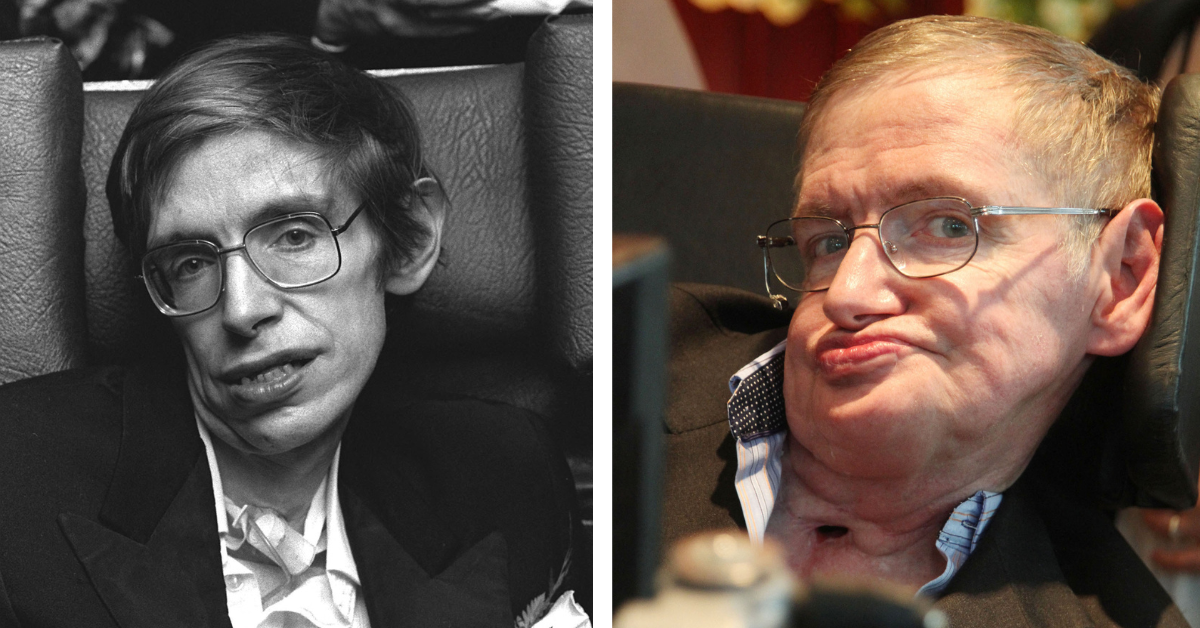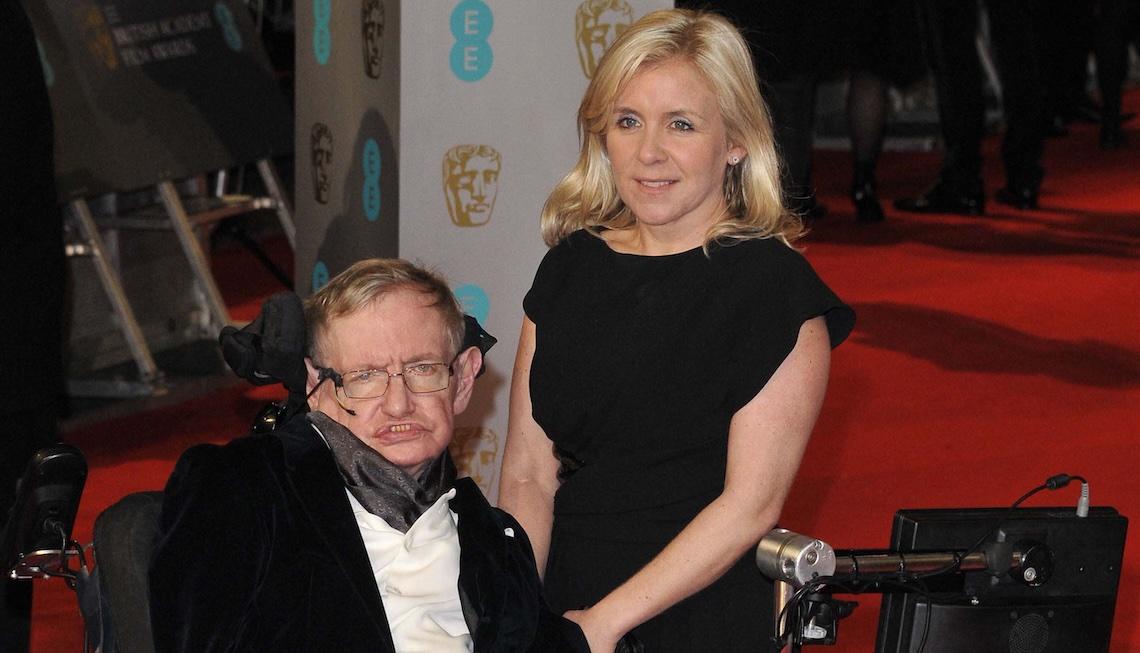Did Stephen Hawking’s Last Words Contain an Ominous Clue About Our Future?
His final thoughts were published posthumously.
Published Nov. 5 2025, 3:47 p.m. ET

Theoretical physicist Stephen Hawking has been considered one of the greatest minds of a generation by many. The British cosmologist was lauded for his work in understanding the cosmos and is best known for the theories he's shared regarding the Big Bang and black holes. And, while he was especially well known for his brain, the condition that ultimately took his life also made him famous.
Hawking lived with a very rare form of motor neuron disease (MND), which eventually took his life.
The condition is also known as amyotrophic lateral sclerosis, which most people know as ALS or Lou Gehrig's disease.
As with so many brilliant minds, many people want to know what Stephen Hawking's last words were, especially when it pertains to his thoughts on space and the future of mankind.
Fortunately, it seems like there is a lot of information about what the late physicist's final thoughts were, and what these ideas must've been important if they are what he spent his final days working on.

A side-by-side shot of Stephen Hawking in his youth and again before his death
What were Stephen Hawking's last words?
Hawking was just 76 when he died, shocking friends and family on Mar. 18, 2018, according to The Mirror. This was a miracle in itself, since the late physicist was given just two years to live after receiving a devastating diagnosis in his 20s.
Despite the suddenness of Hawking's death, he did leave behind his final thoughts by way of an unpublished book that was completed by his family after his passing.
The book, titled Brief Answers To The Big Questions, tackled some massive questions.
These were the queries most often presented to Hawking by both his friends and peers, and they address everything from whether there is a God (Hawking says no), to whether or not he believed that time travel would be possible in our lifetimes (to this, he says nothing can be ruled out).
However, Hawking's daughter Lucy, who helped finish the book after her father's death, says that his biggest concern was actually about how divided humanity had become.
What was Stephen Hawking's end of world prediction?
Just one year before Hawking passed away, he shared his fears about a possible outcome for our planet. According to Unilad, the theory was shared during the Tencent WE Summit in 2017, when Hawking said that he believed that the expanding population, combined with advancing technology, would make the Earth uninhabitable.
“By the year 2600, the world’s population would be standing shoulder to shoulder, and the electricity consumption would make the Earth glow red-hot," he said at the time.

Stephen Hawking with his daughter Lucy in 2015.
Calling the idea "untenable," Hawking said that the increased size of the global population would do more than make it a tight squeeze; he also predicted that humans would be more likely to self-destruct in other ways, including nuclear war. Some other boogeymen Hawking warned about included global pandemics as well as the rise of artificial intelligence (AI).
Since both have become increasingly more common since his death, it's possible that Hawking really was onto something with his theory.